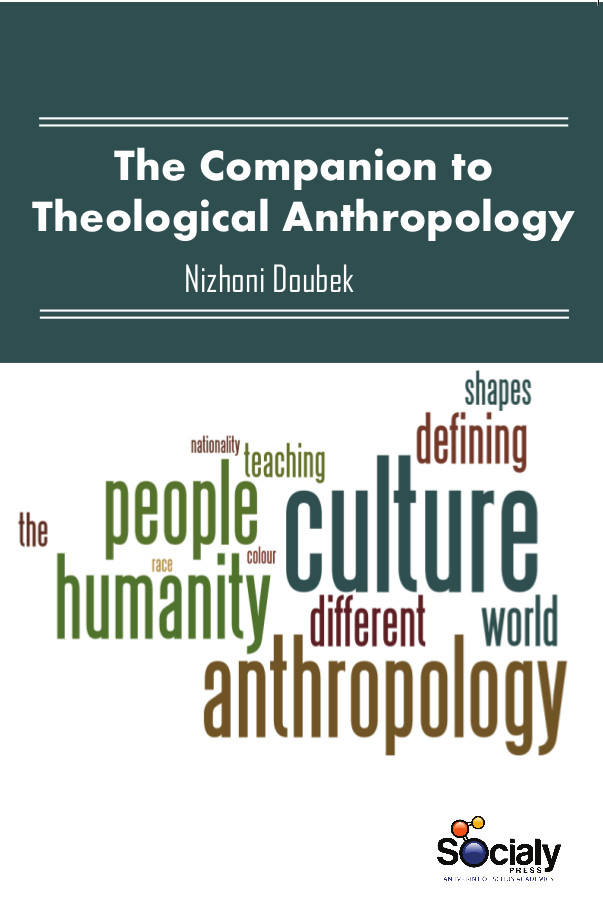Theological anthropology – a study of the human person in conversation with the doctrinal framework of particular religious traditions – is by no means a new discipline. Theological anthropology is a part of theology dealing with the Christian understanding of human beings. It is a modern invention, resulting from the coming together of two former treatises present in traditional theological curricula: humans as created beings and original sin, and the meaning and influence of grace. Anthropology concerns itself with understanding human experience. Theology is allied with God. God and humanity―should not the two be left in quite separate compartments? Some would wish to leave ‘God’ in a remote ‘ivory tower’. They want to get on with the business of human life without having to be bothered with a ‘God’ who is, for them, a complete irrelevance. Others pride themselves on their theological orthodoxy while showing slight interest in getting to grips with the many―sided difficulties of human experience. There is a real prerequisite for an anthropology, which adopts a typically theological point of view. Understanding human experience―this is not something which theologians can safely leave to others. It is extremely significant for everyone. The new synthesis follows the “anthropological turn” that took place at the end of the nineteenth century and emphasizes the central role of human beings in the understanding of religious faith. All the formerly scattered treatises concerning the person have been brought together in an attempt to signify the centrality that is now attributed to humans and their role in the religious process, which was previously excessively focused on the reality of God or the “objective religious dimension. There has been a great deal of consideration about the meaning of these verses of Genesis, both within biblical studies and more widely in theological discussion.
The Companion to Theological Anthropology intends to explore the range of meanings particularly of the idea of humanity being created in the image of God, considering other aspects of the passage as they are important. The aim of the Book is to provide the theological foundations on which further discussion needs to be built. It explores the challenges to and opportunities for rethinking current religious views of humankind in contemporary Western culture.













